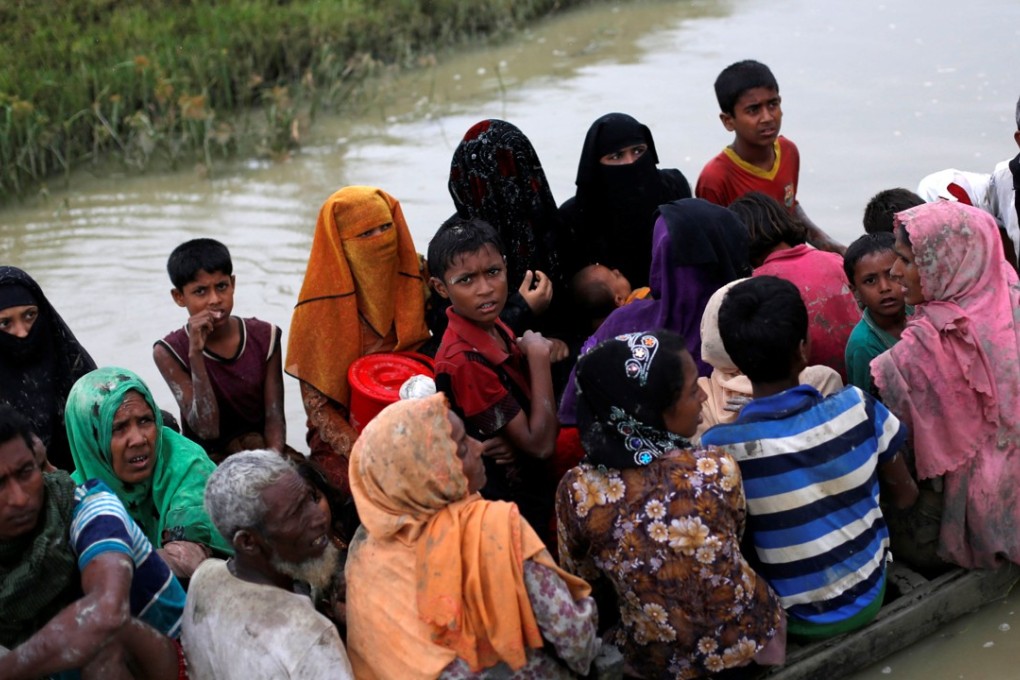Myanmar’s government has learned nothing from years of criticism of its mistreatment of the minority Muslim Rohingya. Unsurprisingly, renewed militant activity has erupted in northern Rakhine state with a spate of attacks on security posts and again been responded to with brutal force, creating an even worse humanitarian crisis than last October. Violence has left at least 400 dead and forced more than 125,000 to flee to Bangladesh. De facto leader
Aung San Suu Kyi claims all in the restive region are safe and blames fake news for stirring discontent, leaving hopes for protection of the country’s 1.2 million Rohingya in an overwhelmingly Buddhist population of 51 million in the hands of Asian neighbours.
Survivors at refugee camps tell of appalling brutality and having gone days without food. Their stories cannot easily be verified, outsiders having been barred from the conflict zone. Worryingly, there are accounts of soldiers laying landmines on the border.
Getting aid to the camps is urgent and apart from the
UN, the
Association of South East Asian Nations, of which Myanmar is a member, has to step forward. Its Muslim-majority members, Indonesia and Malaysia, have criticised the army and a growing number of foreign officials have contacted
Suu Kyi. Although Asean has a policy of not interfering in the internal affairs of other nations, the crisis is a regional issue through creating refugees and people-smuggling rings. It is also a humanitarian matter; to ensure the violence ends and the Rohingya are assured rights, the grouping and international community have to engage with Myanmar’s leaders.
Protests against Myanmar are growing in Muslim countries. But Suu Kyi, whose party won a landslide in elections in 2015, is limited in what she can do by the political demands of the Buddhists who voted for her and the junta-era constitution, which allows the army to operate without civilian oversight. Furthering difficulties are a widespread hatred of the Rohingya; although an ethnic group that has existed in Myanmar for generations, the government contends they are illegal Bangladeshi migrants and, as a result, prohibited from gaining citizenship and having even the most basic rights. Bangladesh also rejects them as nationals.
